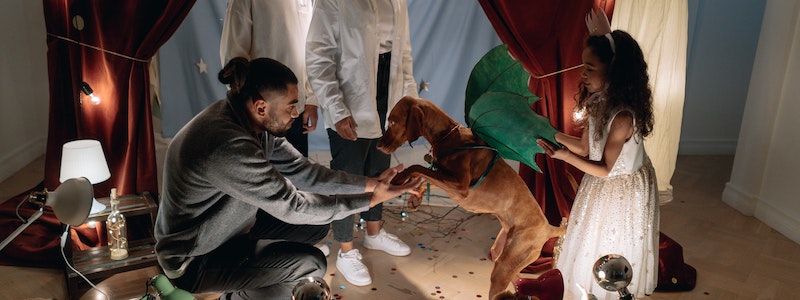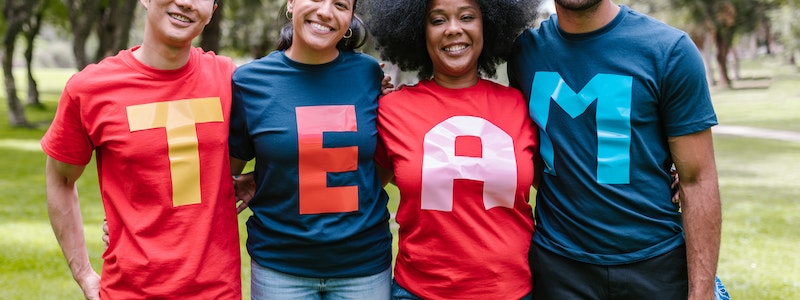
Workshopping your script with friends is a fantastic way to gain valuable feedback, refine your storytelling, and breathe life into your characters. Collaborating with a trusted group of fellow writers or enthusiasts can help you see your script from fresh perspectives and identify areas for improvement.
Here are five exciting and productive ideas for workshopping your script with friends:
Script Reading Night

Gather your friends for an engaging script-reading night. Assign roles for each character, and let everyone take turns reading the lines. This interactive approach allows you to hear your dialogue come to life and gauge its effectiveness. Pay attention to your friends’ reactions, and encourage them to provide feedback on character dynamics, pacing, and overall engagement.
It’s essential to make it fun and not too serious. Lay on food and drink, and set a relaxed and friendly tone. Script reading nights should infuse a fun and social element into the process while fostering creativity and collaboration.
Feedback and Q&A Sessions

Select a group of friends and colleagues to send your script and create a friendly and open environment for feedback and Q&A sessions. After your friends have read the script, facilitate a discussion where they can share their thoughts, impressions, and suggestions. Encourage honest feedback, as constructive criticism can be invaluable for script improvement. Ask specific questions to spark insightful discussions, such as, “What did you think about the protagonist’s development?” or “Were there any scenes that felt disconnected from the overall story?”
Remember not to expect your friends to read too much in one go. Consider sending the opening 15 pages or 2-3 scenes if you have a particularly long script. This will help to keep their attention and get more detailed and relevant feedback.
Character Workshops

Characters are the heart of any script. Organise character workshops where you and your friends delve deep into each character’s backstory, motivations, and arcs. Encourage your friends to provide input on how they perceive each character and their emotional journey. This collaborative approach can bring surprising discoveries about your characters and enrich the narrative.
Tackle one character at a time and allow everyone to be imaginative, absurd, and silly. Sometimes the most interesting details are found by letting our imaginations run wild.
Scene Improvisations

Bring a scene to life through improvisations. Assign characters/roles to your friends and let them improvise dialogue and interactions based on the script’s scene. Improvisation helps identify moments that may feel forced or unnatural while sparking new ideas for character dynamics and dialogue. It can be a hilarious and enlightening experience that fosters creativity and camaraderie.
As well as assigning each friend and character and explaining their personality and tropes, it’s also best to give them a set of needs and desires, each with something standing in their way. Introducing some fundamental conflict can spark creativity.
Embrace the Power of Collaboration

Workshopping your script with friends is a journey of mutual support, growth, and artistic exploration. Embrace the power of collaboration, as it allows you to see your script through diverse lenses and strengthen it. Approach each session with an open mind and a willingness to receive feedback, knowing that every suggestion is an opportunity for improvement.
Remember, the creative process thrives when nurtured by the collective energy of kindred spirits. Workshopping with friends enhances your script and deepens your connection to your passion for storytelling. So, gather your friends, ignite your creativity, and embark on a shared journey of elevating your script to new heights. The collective wisdom of your workshop group will undoubtedly breathe magic into your story and inspire you to continue your artistic pursuit with renewed enthusiasm.




